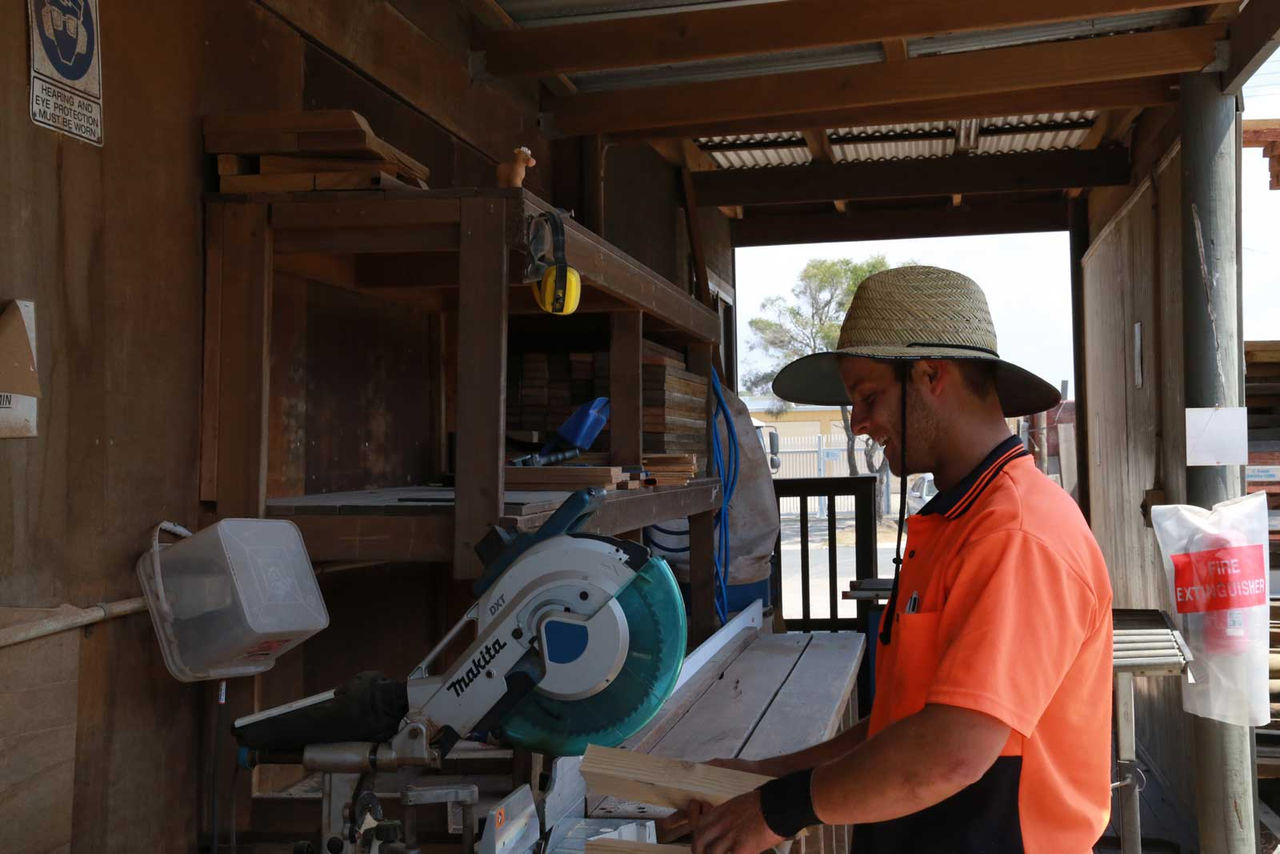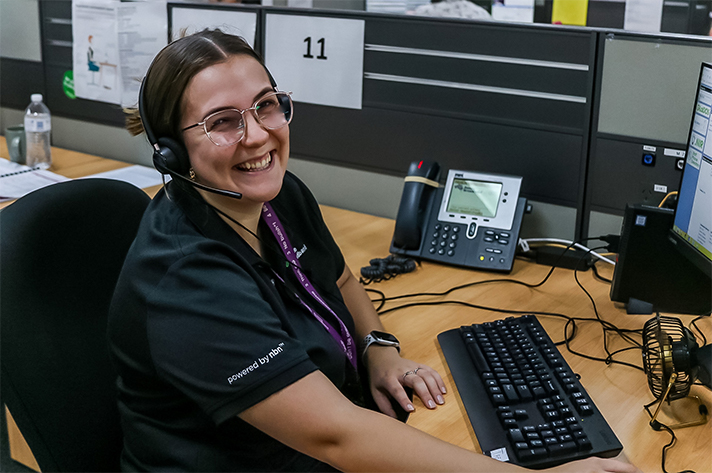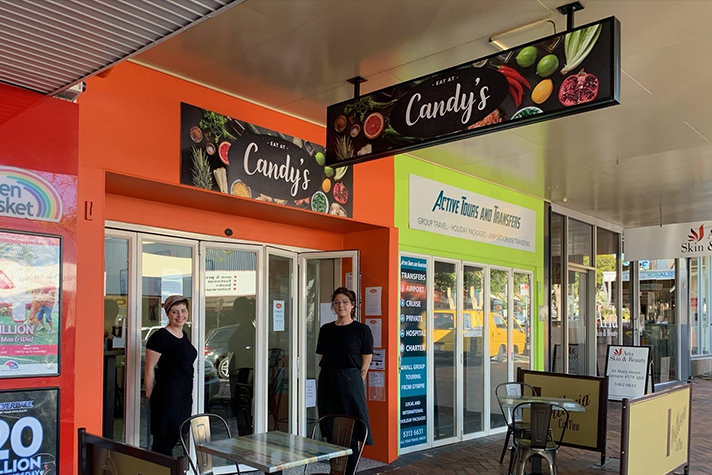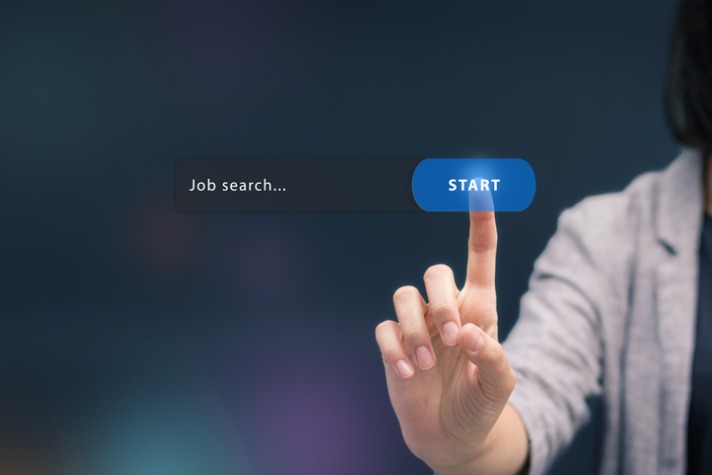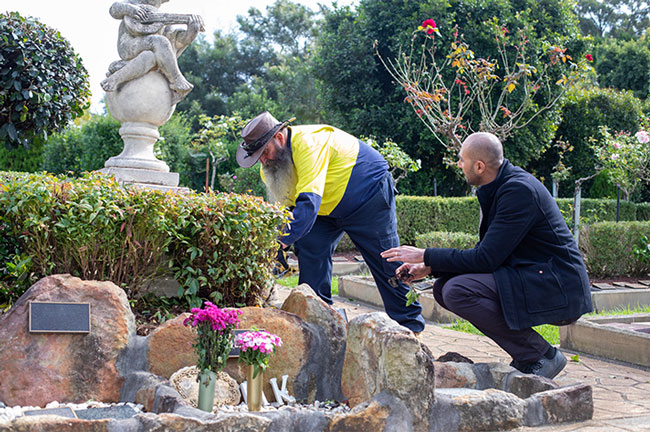Keeping long distance relationships healthy
Published by MAXSolutions on November 14, 2018

Travel for work is much more common than it was a fifty years ago.
Studies indicate an increase of as much as 44% since 2000[1]and the practice of travelling long distances for work is likely to increase. People are travelling further and more frequently.
It is also more common for people to work in a location that is so far away from their families that they need to be absent for days and weeks at a time. These are called long distance relationships.
There is a growing body of research about long distance relationships and the good news is that they are as likely to succeed as relationships where partners are geographically close[2]
How can you increase the chances that your long distance relationship will succeed?
How can you make it a rich and fulfilling experience? How can you minimise the difficulties?
In his book “Long Distance Relationships: the complete guide” Dr Gregory T Guldner[3] highlights things couples can do to make it work for them. Here are eight of them:
Maintain a satisfying and intimate relationship .The quality of your relationship mediates the degree of emotional difficulty you will have with being separated. If you have a satisfying relationship you are likely to find being separated less distressing.
Further, people in a long distance relationship can have the same levels of satisfying and intimate relationships as geographically close couples.
Socialise. Loneliness comes about when people lack meaningful connection with those around them. People in long distance relationships tend to experience loneliness arising from an unanswered need for intimacy.
But to some extent, feelings of loneliness can be mitigated by forming connections with those around you. Making friends, getting to know the neighbours or joining a club can help.
Find a confidant. Having someone you can easily talk with about personal problems can make your separation easier. This needs to be someone who is not your romantic partner, preferably someone who is geographically closer to you.
Touching. Touch is a powerful force that is not yet fully understood, but while you are separated from your intimate partner, the amount of touch you experience drops significantly.
The good news is that any touch helps revers this deficit: getting a pet, having a massage or hugging a friend.
Take Control. Recognise that (in most cases) you have a choice in the separation. Even if it meant significant cost either financially, in terms of career progression or education; there is usually still a choice. Recognising that choice makes the separation easier.
Positive Thinking. As well as recognising you are choosing your separation over less desirable alternatives, if you focus on the positives of that choice you are more likely to stay together and less likely to report personal difficulty dealing with distance.
View the separation as temporary. Viewing the separation in shorter blocks of time helps couples cope better with the separation. Six months blocks seemed to work for most couples who would review their goals, their relationship and their separation.
Few couples plan to live at a distance permanently; being focused on shorter time frames can help.
Acknowledge each others’ contributions. This is something all couples can remember, but it affects couples in long distance relationships more than those who see each other most days. It takes more effort to stay connected in a long distance relationship and that effort needs to be acknowledged by each partner.
For example, acknowledging that your partner drove six hours to see you; or that your partner dealt with a problem alone, like a sick child, that you might usually help with.
In summary, long distance relationships are becoming more common. The chances of them succeeding is the same as geographically close relationships. There are many things you can do to improve the chances your relationship will succeed and to make your time apart easier.
If you would like some help improving your ability to cope with a long distance relationship your EAP can help. Call 1800 629 277 or email support@maxsolutions.com.au to make an appointment.
References:
1. https://www.wsj.com/articles/the-long-distance-marriage-thats-built-to-last-1534252845
2. Cameron J.J.; Ross, M (2007); In Times of Uncertainty: predicting the Survival of Long-distance Relationships; The Journal of Social Psychology, 147 (6), 581-606.
3. Guldner G. T. (2004); Long Distance Relationships – the complete guide. JF Milne Publications, Corona CA.
Share
Tags
Found this useful?
Help and advice
Our blogs are about helping people seek the information that they need for their steps in the workforce.




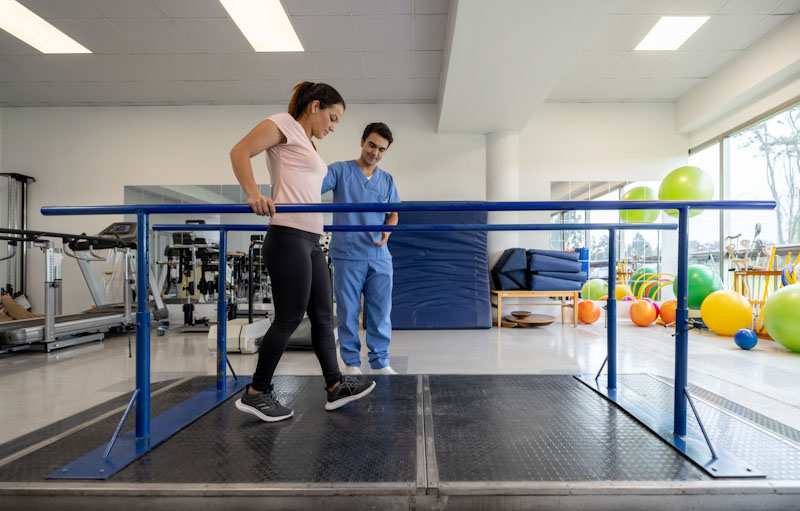
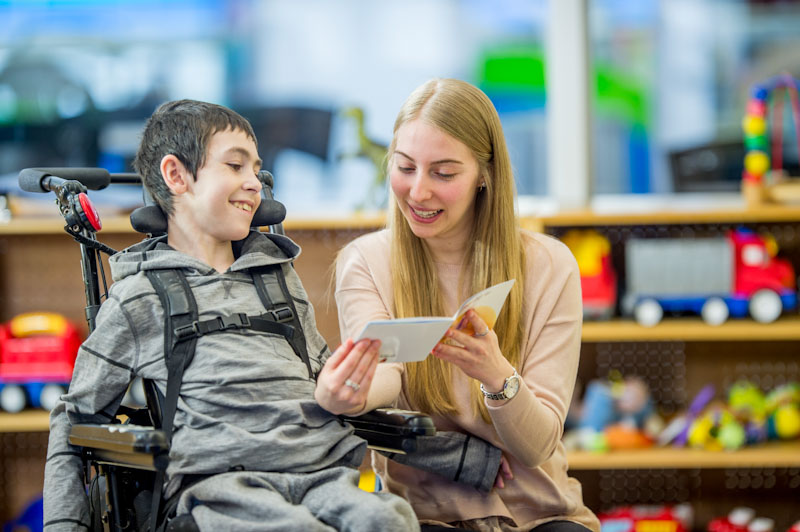
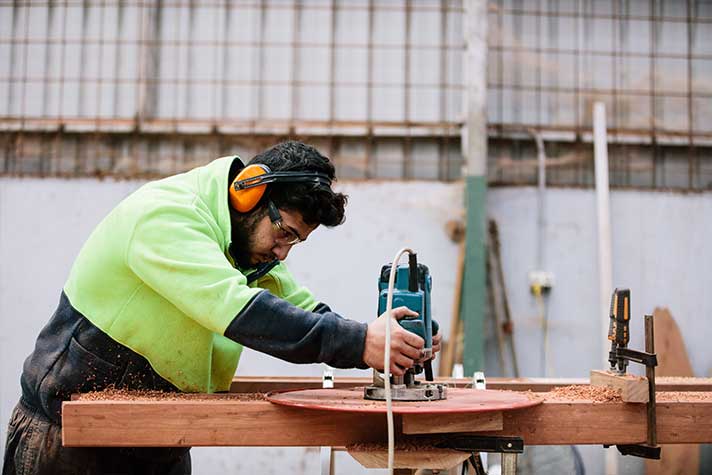

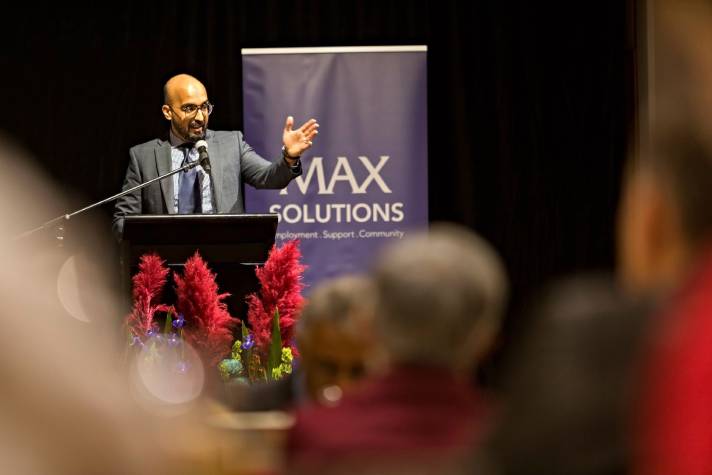
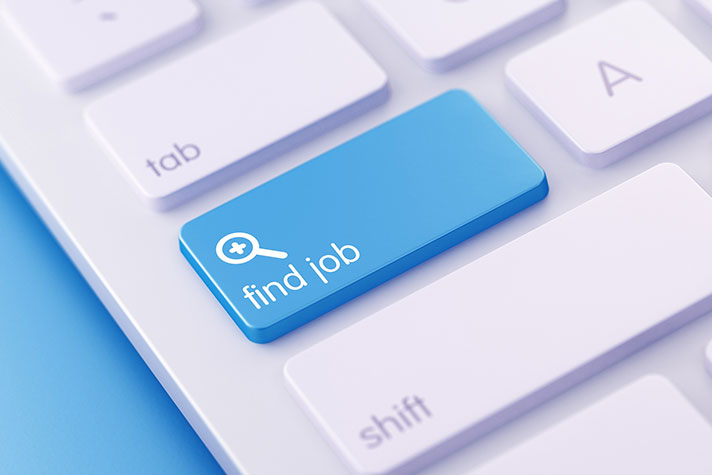



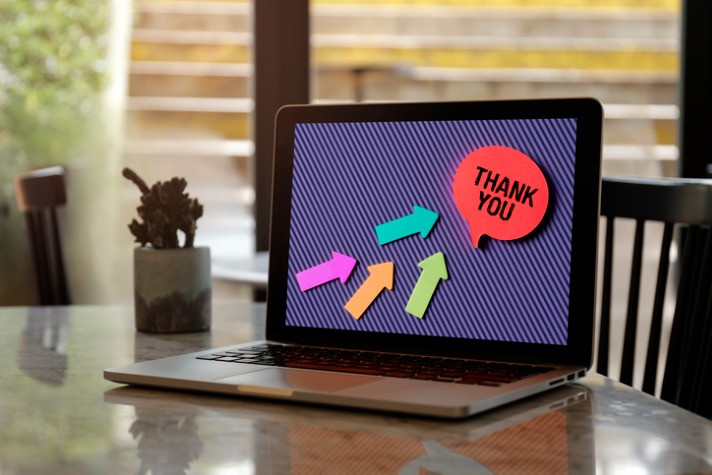
_1.jpg)



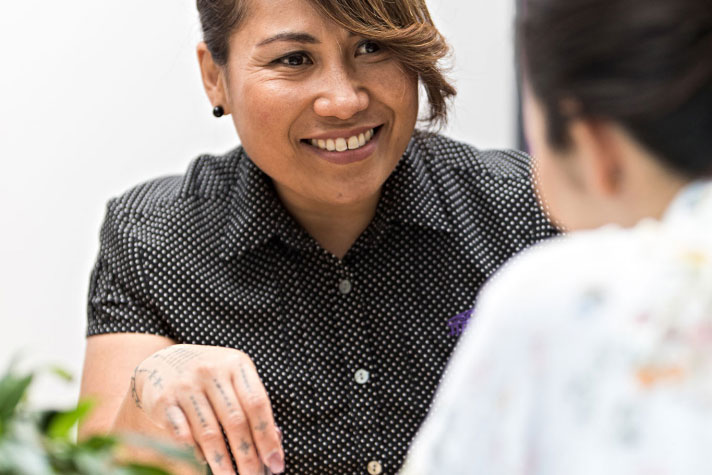
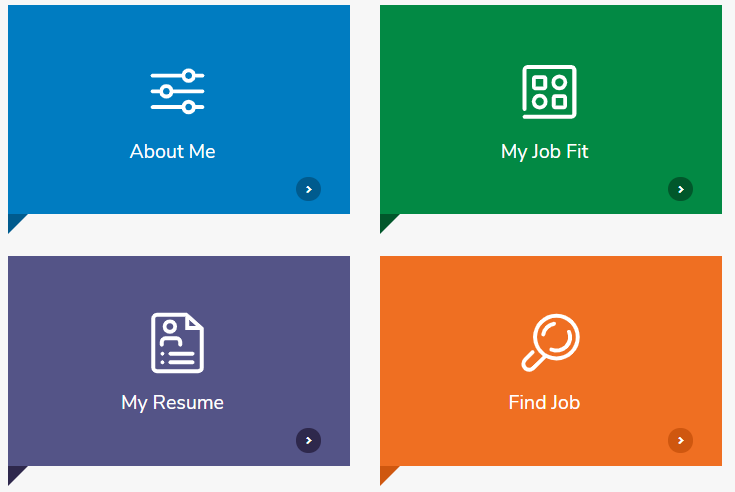

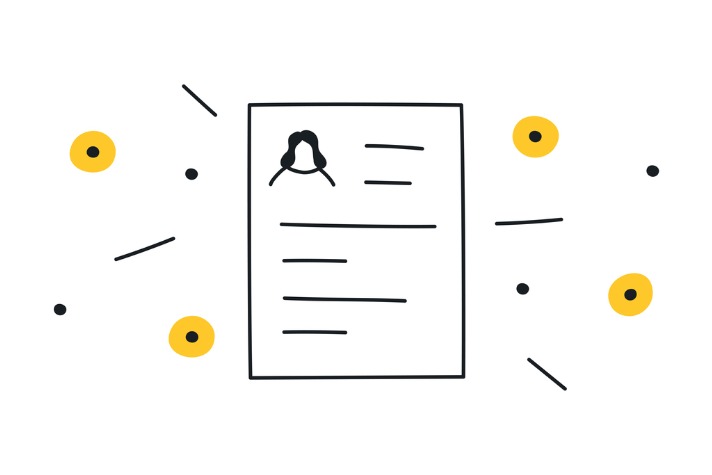

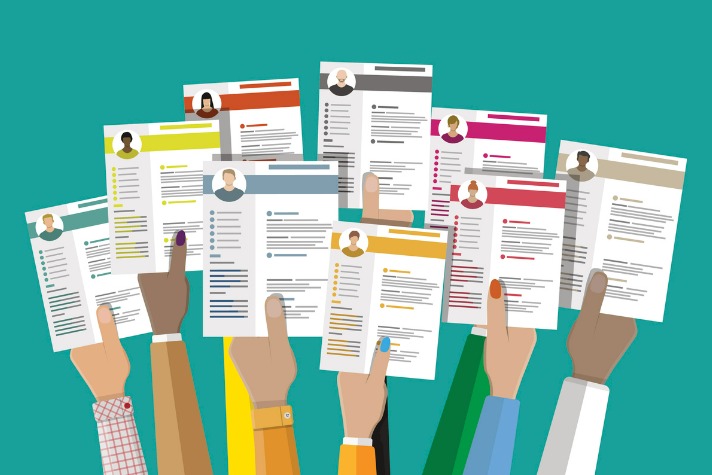
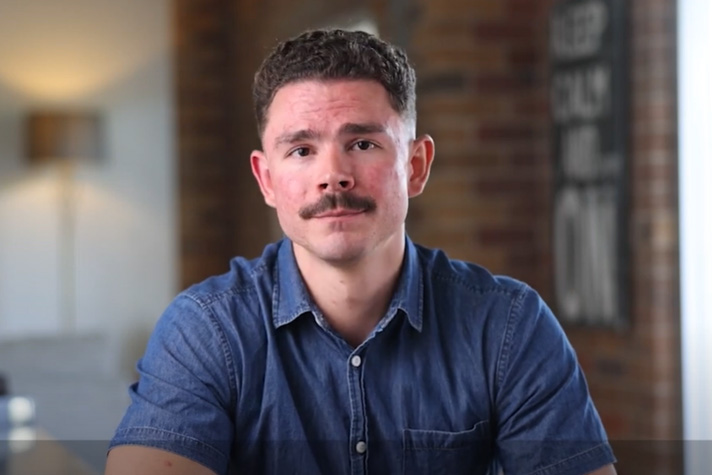
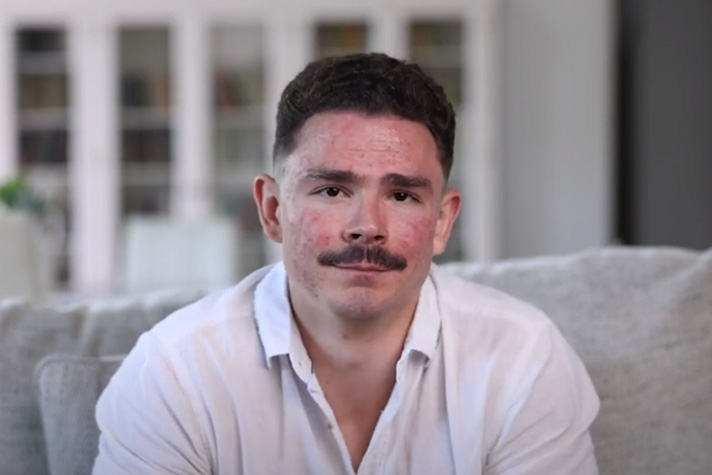
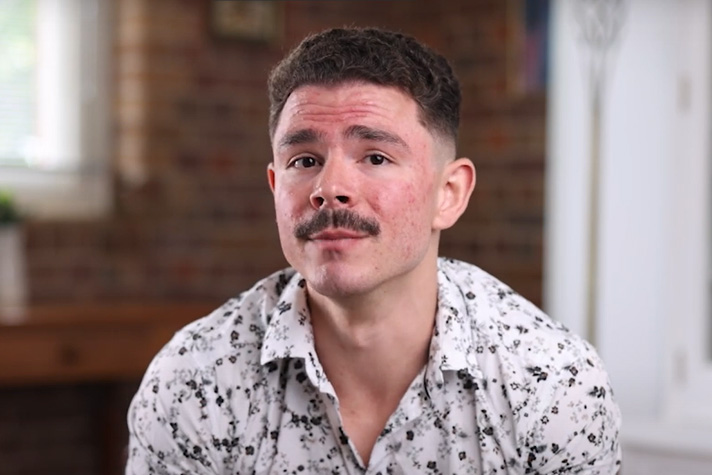
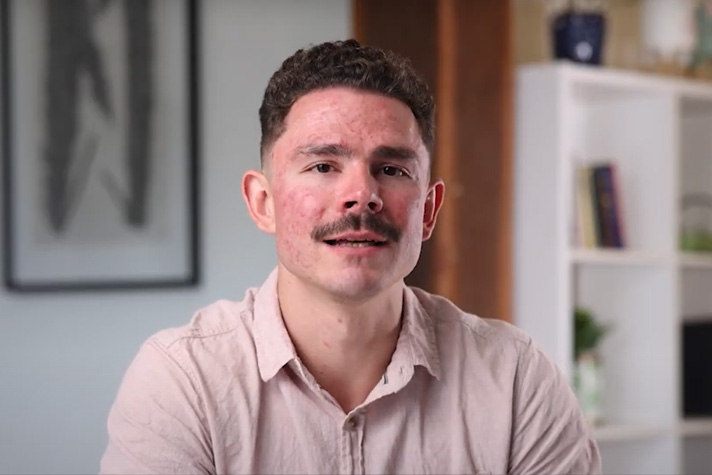
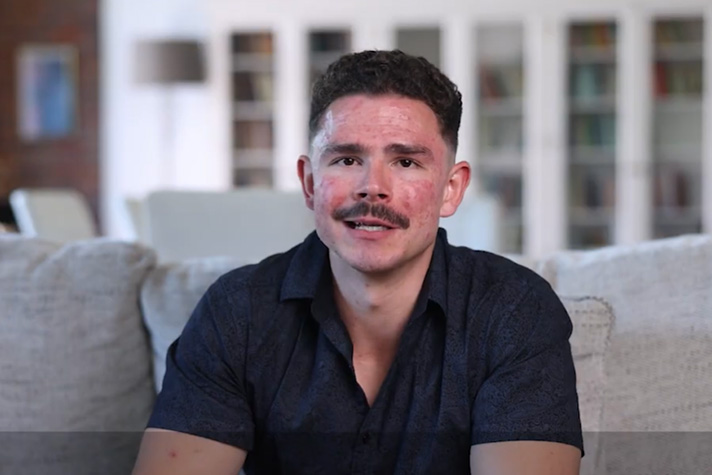



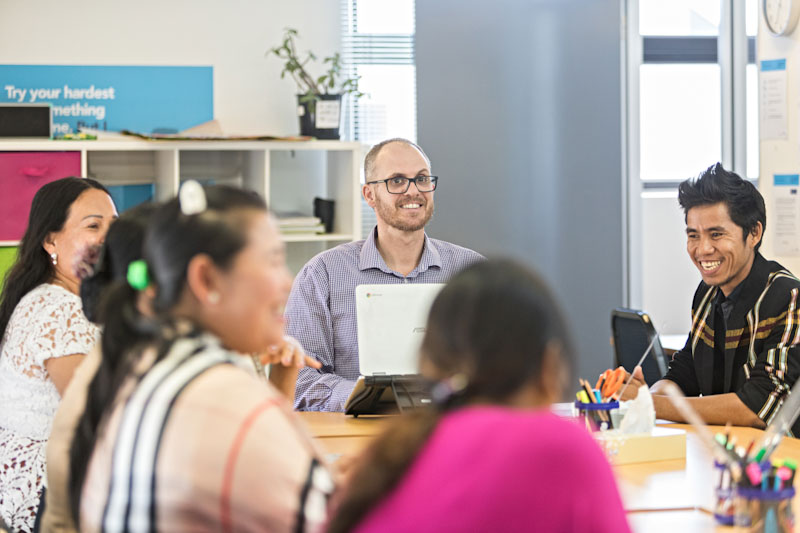

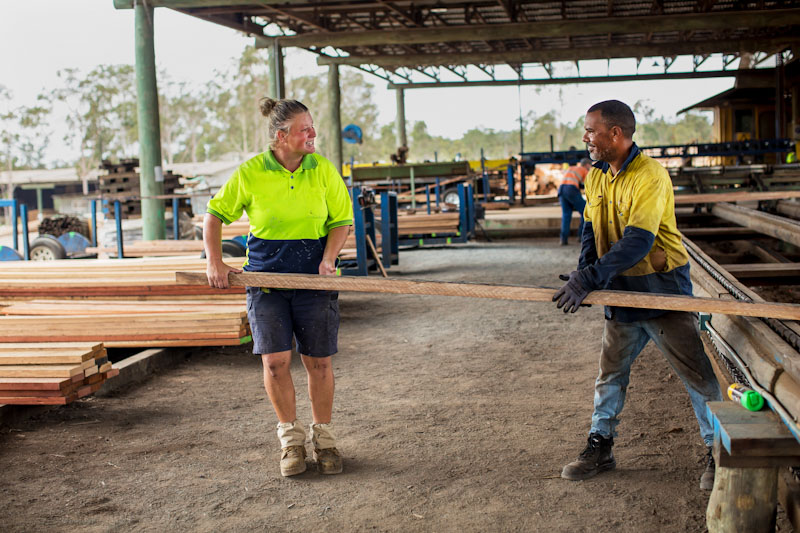
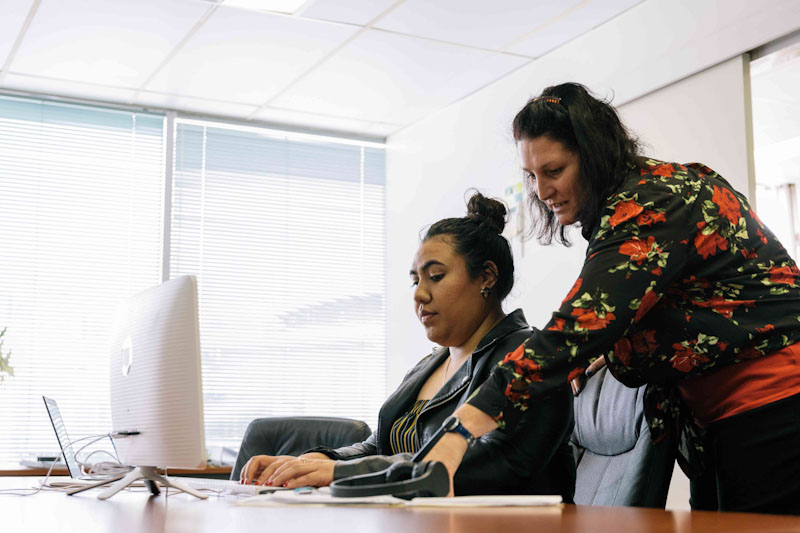


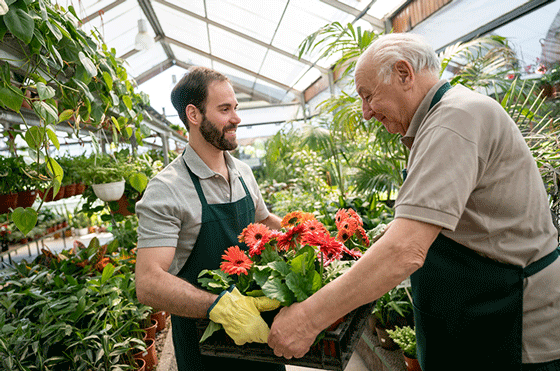





.jpeg)
